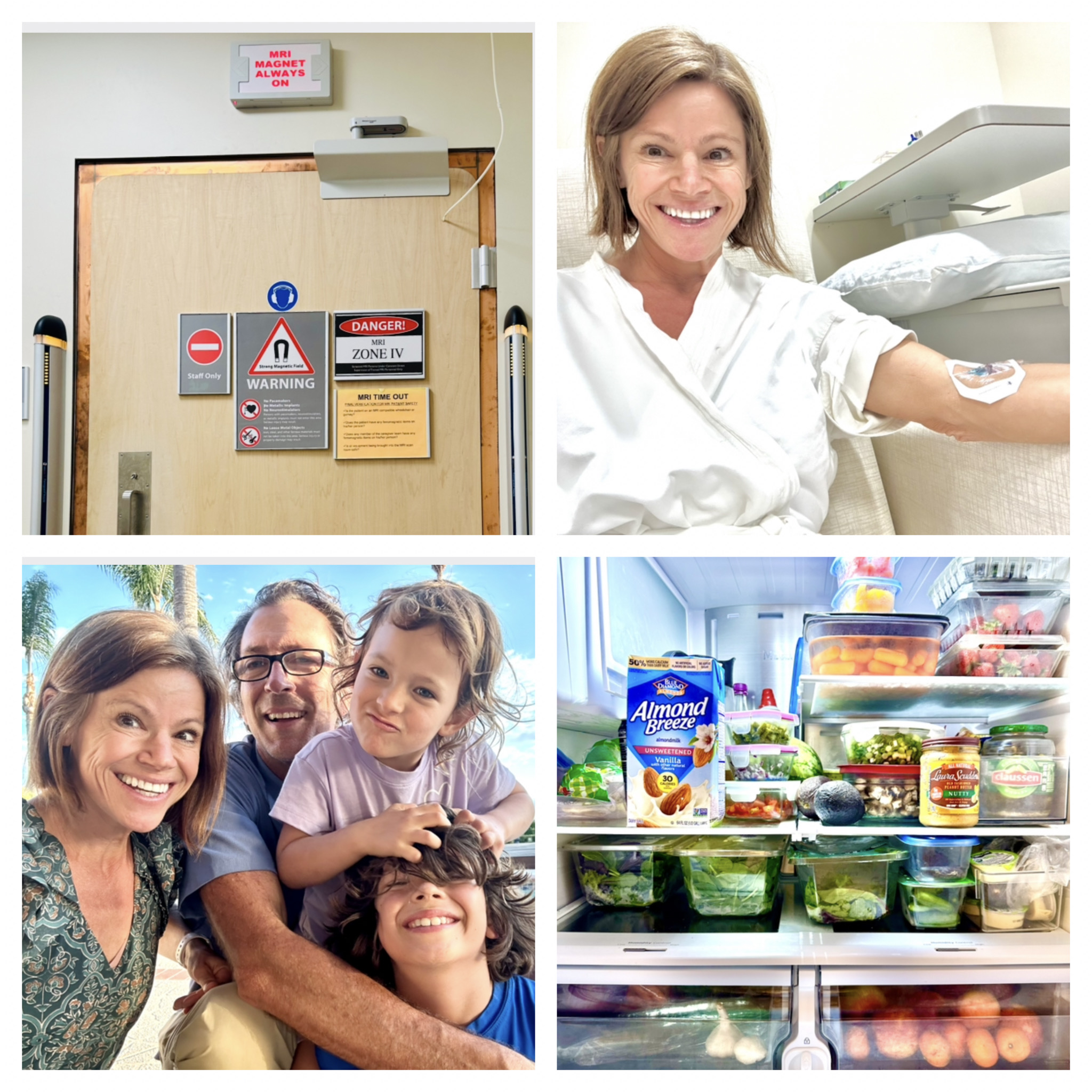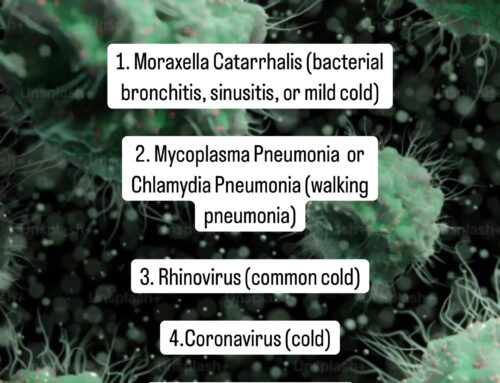What parent doesn’t ponder the saying- “put your oxygen on first.” If the #%*!? plane is going down, my kids will get oxygen first. I would like to think that most parents agree. However, how about making time to see your doctor before you are in “crisis mode”. That is similarly an act of love for your family. We all know that if one parent goes down sick, everyone will suffer. Not to be fatalistic, but we have all seen it. In my early 40’s I was told that I have a high risk of developing breast and colon cancer. Being referred to a geneticist was the best thing for me and my family. I do annual breast MRI’s and colonoscopies. We eat clean and we move our bodies as much as possible. You can ask your doctor for hereditary risk assessments and even visit with a local geneticist to get a layout of any added recommended screening. The genetics team will make an outline per your genetic risk and often this can bypass any hiccups with insurance coverage. Here’s an overview of AAFP’s common annual screening recommendations for adults, though specifics may vary based on age, risk factors, and personal medical history:

- Blood Pressure
- Frequency: Every year for adults aged 18 and older.
- Rationale: Screening for hypertension is important to reduce the risk of heart disease and stroke.
- Cholesterol (Lipid Profile)
- Frequency: Every 4-6 years starting at age 20 for those at low cardiovascular risk. More frequent screening for those at higher risk.
- Rationale: Elevated cholesterol increases the risk of heart disease.
- Diabetes Screening
- Frequency: Every 3 years for adults aged 40-70 who are overweight or obese.
- Rationale: Early detection of diabetes can help manage and prevent complications.
- Colorectal Cancer Screening
- Frequency: From age 45-75, frequency depends on the method (e.g., colonoscopy every 10 years or stool-based tests annually).
- Rationale: Screening helps in early detection of colorectal cancer, improving treatment outcomes.
- Cervical Cancer Screening (Pap Smear)
- Frequency: Every 3 years for women aged 21-29, and every 3-5 years (with HPV testing) for women aged 30-65.
- Rationale: Regular screening can help in early detection of cervical cancer.
- Breast Cancer Screening (Mammogram)
- Frequency: Every 1-2 years for women aged 50-74. Screening may begin earlier (40-49) based on individual risk.
- Rationale: Early detection of breast cancer improves survival rates.
- Osteoporosis Screening
- Frequency: For women aged 65 and older, or younger women with risk factors.
- Rationale: Helps prevent fractures by identifying low bone density early.
- Prostate Cancer Screening
- Frequency: AAFP recommends shared decision-making for men aged 55-69. Routine PSA testing is not universally recommended but may be considered for high-risk individuals.
- Rationale: Individualized based on personal risk factors.
- Lung Cancer Screening
- Frequency: Annual low-dose CT for adults aged 50-80 with a history of heavy smoking (30 pack-years) who currently smoke or quit within the last 15 years.
- Rationale: Early detection reduces mortality in high-risk individuals.
- Depression Screening
- Frequency: Periodically, as part of routine care for all adults.
- Rationale: Depression is common and treatable, and screening can lead to early intervention.
- Obesity Screening
- Frequency: Annually, with calculation of BMI and waist circumference.
- Rationale: Identifies patients who may benefit from interventions to prevent related conditions.
- Immunizations
- Annual Flu Vaccine: Recommended for all adults.
- COVID-19 Vaccine: According to current guidelines.
- Tetanus, Diphtheria, Pertussis (Td/Tdap): Booster every 10 years.
- Shingles Vaccine: Recommended for adults 50 and older.
These are broad guidelines, and specific recommendations should be personalized based on the individual’s health status, family history, and other risk factors. Always consult with a healthcare provider for individualized screening schedules.



